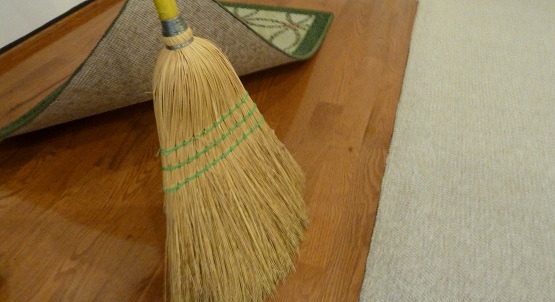Burn Our Bridges Behind Us
 We can’t go back when we burn our bridges behind us.
We can’t go back when we burn our bridges behind us.
An army occasionally burns bridges when it does not want its enemy to follow. However, that also means the army can’t return across those bridges.
Likewise, we burn our bridges behind us when we make decisions we can’t change.
We can’t undo them, just as we can’t unscramble eggs. For example, we might:
- Get a tattoo
- Quit school
Our behavior can also burn our bridges behind us.
Some actions make people want us to stay away. This often happens if we:
- Yell at our boss and quit our job
- Get a divorce
Rather than build bridges, we destroy them.
Sometimes we can repair burned bridges or build new ones.
Yet, the situation will never be the same. We try to make it as good as possible. Much like we mend fences, we rebuild our bridges.
That may mean we:
- Walk through water until we build a new bridge
- Cover our tattoo or have surgery to remove it
- Return to school as an older student
- Apologize to our boss or spouse
Water under the bridge means the past can’t be changed. What happened in the past may or may not have been our choice. However, when we burn our bridges behind us, we make the choice. Let’s be sure we want to live with the choices we make.
“If you repent, I will restore you that you may serve me” (Jeremiah 15:19 NIV).
Do you have an expression you want explained or a thought about this one? If so, please comment below.
Subscribe to receive my weekly posts by email and receive a free copy of “Words of Hope for Days that Hurt.”
If you enjoyed this post, please share it with your friends.
Photo courtesy of Pixabay.
 We never know what the future holds.
We never know what the future holds. To get from one place to another, we must often follow the straight and narrow:
To get from one place to another, we must often follow the straight and narrow:  If we spin our wheels, we move but get nowhere.
If we spin our wheels, we move but get nowhere. Come clean is the opposite of
Come clean is the opposite of 
 We read about a wolf in sheep’s clothing in Aesop’s Fables and the Bible. Both show the danger of an enemy who looks like a friend.
We read about a wolf in sheep’s clothing in Aesop’s Fables and the Bible. Both show the danger of an enemy who looks like a friend.
 Please welcome my friend Sue Davis Potts as today’s guest writer. Sue and I met at
Please welcome my friend Sue Davis Potts as today’s guest writer. Sue and I met at  Some things can’t be undone.
Some things can’t be undone. Everyone knows we cross a bridge when we come to it.
Everyone knows we cross a bridge when we come to it. Prayer prepares us to cross a bridge when we come to it.
Prayer prepares us to cross a bridge when we come to it. Dogs (especially puppies) often get in trouble. They:
Dogs (especially puppies) often get in trouble. They: